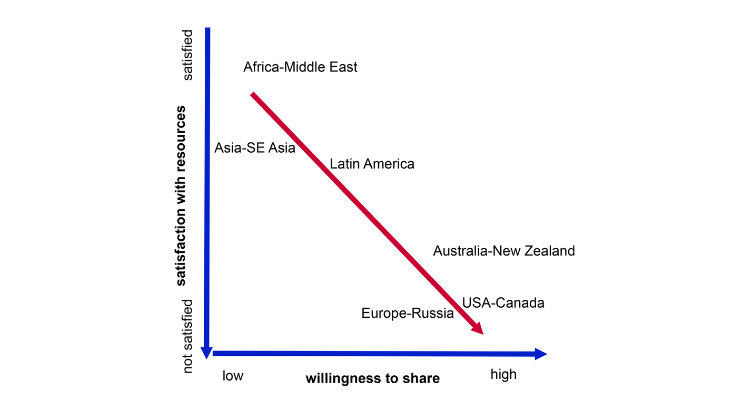
 In this post, David Carroll and Joseph McArthur, medical and pharmacology students at Queen’s University and University College London, respectively, describe the Open Access Button, a project they hope will help the push towards a more open scholarly publishing system.
In this post, David Carroll and Joseph McArthur, medical and pharmacology students at Queen’s University and University College London, respectively, describe the Open Access Button, a project they hope will help the push towards a more open scholarly publishing system.
Recently I received an update on the balance of my student loan. It didn’t surprise me that it has long passed £20,000. With 3 years left of medical school, I dread to think what that will become. It costs the taxpayer a lot of money to put me through medical school. This money is spent to give me the best training possible, not only as a clinician but also as a scientist. To teach me to think, not just to learn and to read and interpret research, all with the intention to provide the best care for people. What is the point of years of training, of sleepless nights, of too much coffee, if the publicly funded research that I need to provide the best care for my patients is hidden. Hidden behind an archaic scholarly publishing system that isn’t fit for purpose.
Sure. I can hear the responses. “It’s okay Dave, don’t worry. You have a university underneath you with lots of subscriptions to journals, and better yet? When you graduate, you’ll be in a great university hospital so you can read journal articles until your little heart’s content”. I am in a Russell Group university that subscribes to lots of journals. But if I had a pound for every time I hit a paywall, hell, I could pay my own way through medical school. I hit paywalls all the time and I’m in a rich university in the UK. What about everyone else? It’s mere chance that I was born in a (relatively) well off Western nation. What about those who aren’t lucky enough to live where I live? What about the millions of people, even in the UK that suffer from ill-health but don’t have a university subscription to read research about their own condition?
I don’t care about myself. I care about them and I care about what people can do with openly accessible, reusable research. If we talk about impact, what will maximise the impact of academic research more? Hiding research behind paywalls? Or having it openly available to all to read and repurpose? This only hit me recently. Since then, over the past few months, my friend Joseph McArthur and I have become increasingly angry at this obvious injustice and we want to do something about it. To do this, we knew we needed more tools, more information and more engagement around the issue of open access to research. Then we had an idea.
This idea was a browser-based tool, which allowed you to track every time someone is denied access to a paper, where in the world they were or their profession and why they were looking. Integrating this into one place would create a real time, worldwide, interactive picture of the problem. The integration of social media would allow us to make this problem visible to the world. Lastly, we want to help the person gain access to the paper they’d been denied access to in the first place. Incentivising use and opening the barriers to knowledge combined will make this really powerful. We’re calling it the Open Access Button.
This project is being led by two students, we want to take ownership of the system of scholarly communication that we’re inheriting — as it conflicts irreconcilably with the power of the Internet that we’ve grown up with. It’s not just us, there are amazing students across the world, individually and as part of the Right to Research Coalition and Medsin UK advocating for an open scholarly publishing system.
We have built a prototype at the BMJ Hack Weekend, we came third place and we are continuing to develop it for launch in later in the year.
In addition to this, this button will generate lots of data. We plan to make this data openly available to use, so lots of others and ourselves can use this data in really innovative and thought provoking ways. Further highlighting that when everyone has access, unexpected awesome things will happen.
We have lots of ideas of what to do but to get the most from the button and the data we generate, we need to talk to you. Get in touch on this blog, here by email or join our Google group.
On the 7th and 8th September, we’ve organised a hackday for the Open Access Button. If you’re a computer programmer, graphic designer or you’re just interested in open access, you can sign up for the day here.
Note: This article gives the views of the author, and not the position of the Impact of Social Science blog, nor of the London School of Economics. Please review our Comments Policy if you have any concerns on posting a comment below.
David Carroll and Joseph McArthur are Open Access Button Project Leads. David and Joe spend too much time as health advocates and do their actual degrees and jobs in their spare time. They can be found on Twitter at @davidecarroll and @Mcarthur_Joe. Email: oabutton@gmail.com Google group Our Blog Twitter








6 Comments